
Radar | Jul 07,2024
United Insurance saw a rise in profits last year, netting 145.1 million Br, a 17pc jump compared to the previous year.
It is a profit recorded notwithstanding the severity of road accidents, escalating motor repair costs propelling net claims paid out to policyholders. The rise of costs on many products, particularly the escalating costs in motor repair, are behind a 20pc increase in net claims paid out by United, reaching 288 million Br last year, compared to six percent the previous year.
“It's natural for claims to grow along with the rise in written premiums,” said Meseret Bezabih, CEO of United Insurance, which has been in business for 27 years.
However, the relatively high growth of net claims last year pushed United’s loss ratio, which measures losses to premiums earned, by three percentage points to 60pc. The insurance industry's loss ratio last year stood at 57pc.
To the delight of the company's 484 shareholders, the growth in net profit was followed by a leap in earnings per share (EPS), soaring to 315.56 Br from 298.96 Br.
Azalech Tiruneh was among the satisfied shareholders.
“The credit goes to the management,” she said.
However, the earning per share is lower than what United reported three years ago at 504.5 Br. This is not out of the ordinary, says Meseret, who attributed the decline to the increase in the company's paid-up capital in recent years. In the last three years, United’s paid-up capital increased by 37pc to 473.4 million Br.
The shareholders who met at the Sheraton Hotel on November 11, 2021, have rejected a proposal by the Board of Directors to increase the paid-up capital to one billion Birr. They felt this was not the time to make additional investments, according to Azalech.
Over the past few years, political instability, war, inflation, and forex crunch have taken their toll on the economy.
“It's regardless of these challenges the company managed to attain higher profits,” Mulualem Berhane, board chairperson, told shareholders during the general assembly.
The high loss ratio undermines the company's otherwise good performance, says Abdulmenan Mohammed, a financial statement analyst.
“United needs to review its risk management practice to ensure they are maintained at an acceptable level," said Abdulmenan.
Despite the rise in net claims, United performed well in managing its other expenditures.
Direct underwriting expenses increased by only one percent to 36.5 million Br while employee and general administration expenses rose by three percent to 182.64 million Br. With a staff of 434 deployed in 40 branches and 12 contact offices, United has increased its gross written premiums by 22.4pc to 731.4 million Br. The gross written premiums generated with non-life business, which account for 90pc of the total, grew by a modest 20pc last year to 660 million Br.
Its motor class dominated the non-life premium portfolio with a 59pc share, a mild decline from the previous year's 62pc.
Meseret says the share of the motor class of business declined due to the company's policies.
“Our strategy focuses on diversifying the company’s business portfolio by focusing more on less risky businesses,” she told Fortune.
The policy includes expanding more into the long-term insurance business, an area United made good headway last year. The firm recorded an unprecedented achievement by registering a whopping 56pc growth in gross written premiums, amounting to 71.3 million Br from its long-term business (mainly life insurance) during the year. The gross written premiums generated by the life insurance business reached 45.8 million Br at the end of the reporting period.
Focusing on long-term business has been a trend seen industry-wide last year. Out of the 18 insurance companies operating in the market, 10 sell long-term insurance policies. The insurance industry's gross written premiums generated shot up by 66pc last year to 959 million Br.
United’s performance was driven mainly by investment activities, generating 137.7 million Br during the period, contributing significantly to the advance in its net profit. Last year, the firm's total assets grew by 11pc to 1.81 billion Br. Of these assets, over 60pc was invested in equities, properties and time deposits.
Despite such a high level of liquidity, the company has been operating under tight liquid resources, which should alarm the management, according to Abdulmenan.
Meseret, however, says it is out of the company’s hands.
“This is due to the central bank's requirements,” she said.
A directive introduced by the National Bank of Ethiopia (NBE) forces insurance companies to invest no less than 60pc of their admitted assets in treasury bills and bank deposits.
"This exposes insurance companies to higher financial risks,” Meseret told Fortune.
PUBLISHED ON
Nov 20,2021 [ VOL
22 , NO
1125]

Radar | Jul 07,2024
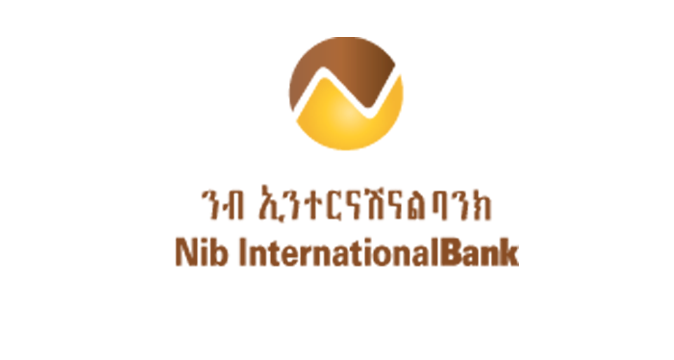
Fortune News | Oct 26,2019

Fortune News | Apr 03,2023
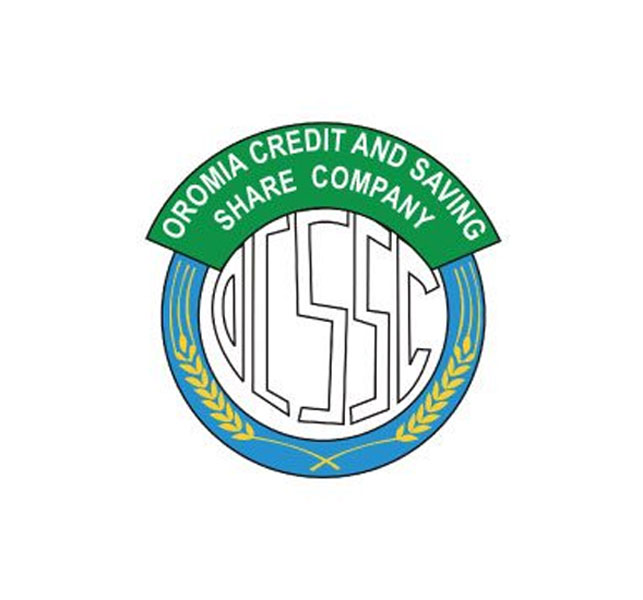
Radar | Dec 25,2021
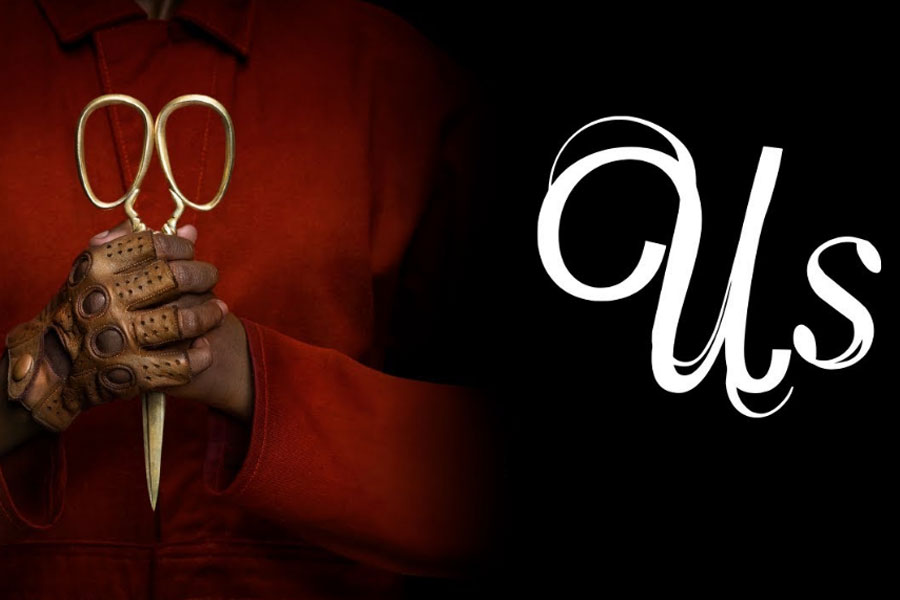
Films Review | Mar 30,2019
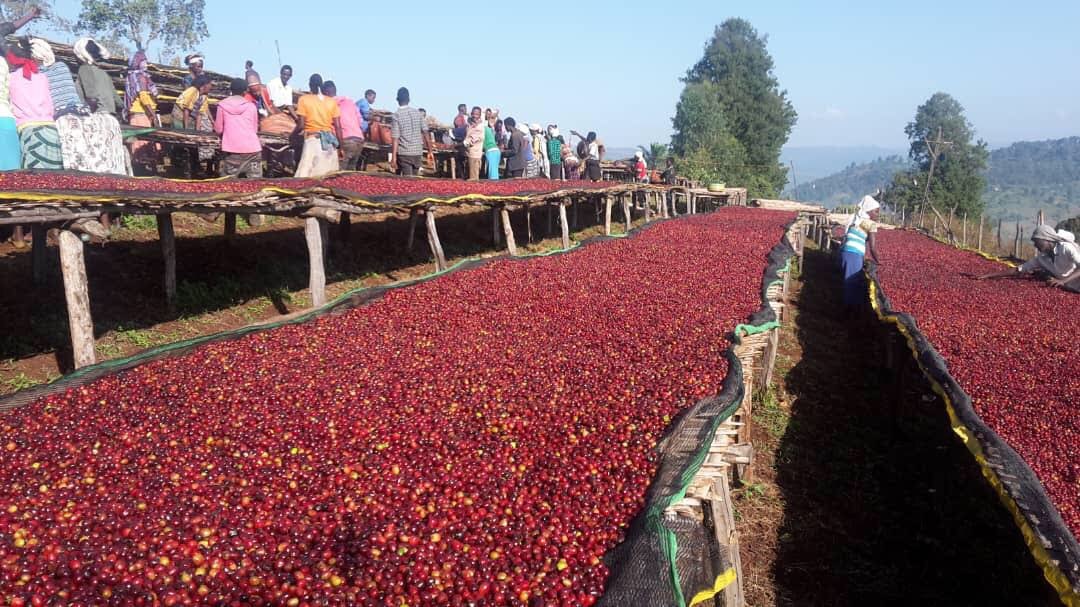
Sponsored Contents | Apr 04,2022

Commentaries | Nov 16,2024
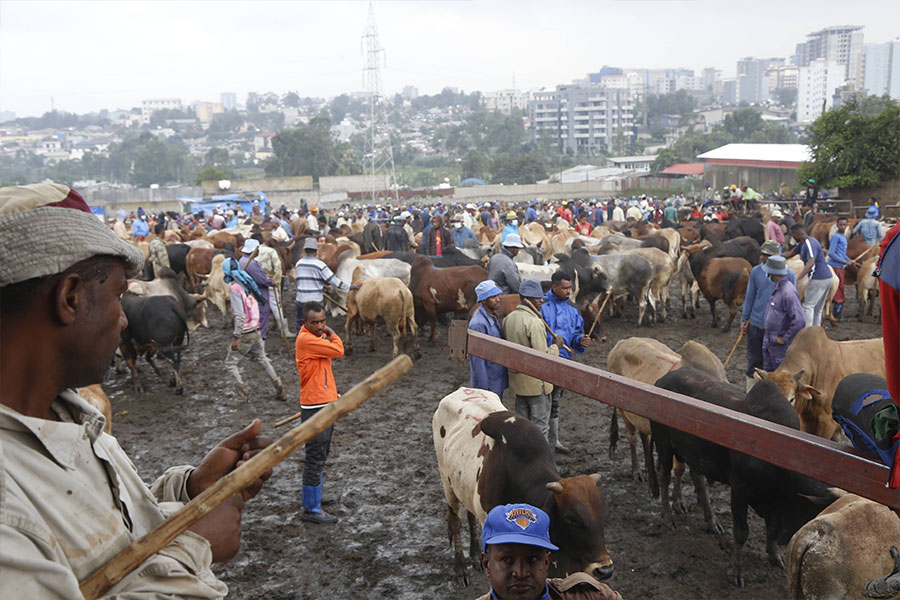
News Analysis | Sep 10,2021

Viewpoints | Apr 20,2024

Radar | Mar 04,2023

Dec 22 , 2024 . By TIZITA SHEWAFERAW
Charged with transforming colossal state-owned enterprises into modern and competitiv...

Aug 18 , 2024 . By AKSAH ITALO
Although predictable Yonas Zerihun's job in the ride-hailing service is not immune to...

Jul 28 , 2024 . By TIZITA SHEWAFERAW
Unhabitual, perhaps too many, Samuel Gebreyohannes, 38, used to occasionally enjoy a couple of beers at breakfast. However, he recently swit...

Jul 13 , 2024 . By AKSAH ITALO
Investors who rely on tractors, trucks, and field vehicles for commuting, transporting commodities, and f...

Oct 25 , 2025
The regulatory machinery is on overdrive. In only two years, no fewer than 35 new pro...

Oct 18 , 2025
The political establishment, notably the ruling party and its top brass, has become p...

Oct 11 , 2025
Ladislas Farago, a roving Associated Press (AP) correspondent, arrived in Ethiopia in...

Oct 4 , 2025
Eyob Tekalegn (PhD) had been in the Governor's chair for only weeks when, on Septembe...